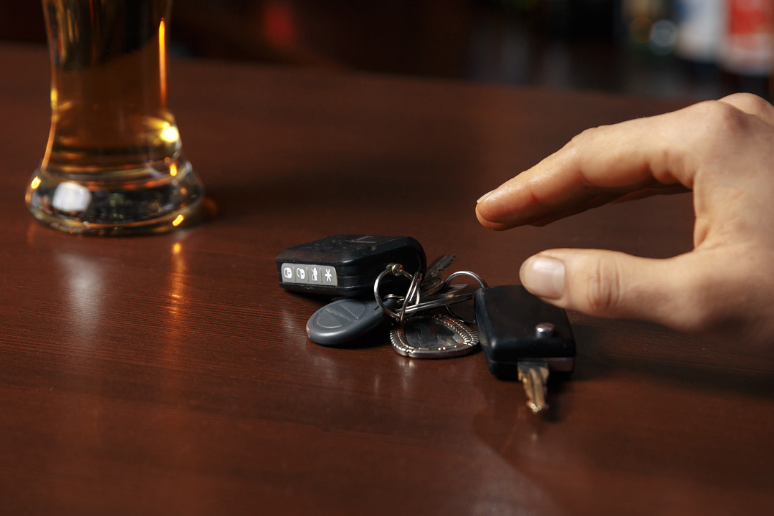There is a distinct difference between legalization and decriminalization when it comes to marijuana, and it’s becoming more important to understand as marijuana laws around the country evolve. Take a moment to familiarize yourself with these terms so that when you keep up with your own state’s changes or legislation across the country you can be confident in what the news means.
State-level legalization
On Tuesday, June 25th, Illinois Governor J.B. Pritzker signed a bill legalizing the use and possession of marijuana. This bill makes them the eleventh state, along with D.C., to legalize recreational marijuana, allowing many more ways you can act in regard to the drug without fear of state-level criminal charges. In signing this bill, Illinois became the first state to achieve marijuana legalization through a proposed bill as opposed to a ballot initiative. Moreover, with the addition of Illinois, thirty-three states and the District of Columbia have now legalized medical marijuana–further paving the way for patients with valid prescriptions to use marijuana or products containing Tetrahydrocannabinol (THC) for specific medical purposes.
Legalization means certain actions are no longer illegal, and you cannot be charged with a crime for performing those actions throughout the state. In regard to marijuana, legalization means certain actions specifically related to the drug, like possession of certain amounts, are legal. For example, in California, adults 21 years and older may buy up to one ounce of marijuana per day from a state-licensed dispensary and possess up to one ounce at a given time under California Health and Safety Code 11362.1. Legalization in Illinois was particularly remarkable in the timeline of marijuana legalization because unlike other states’ bills for marijuana legalization, the spirit of criminal justice reform is written into the Illinois bill: 770,000 state residents are eligible for their records to be expunged of marijuana related offenses. Cities across the nation have also joined the fight to dismiss similar cases involving marijuana convictions.
“The law is clearly moving pretty quickly and will continue to move in that direction,” says Mike Delikat, the chair of Orrick’s Global Employment Law Practice whose work often concerns medical marijuana law. “You just had Canada [legalize] as a country, pretty much across the board, although there are different rules in each province. New York is very close to considering legalization for recreational use, I think this is clearly a trend that we will continue to see accelerate, for a number of reasons. It’s a popular issue with the electorate, and it’s a significant source of revenue for the states that have legalized it, in terms of taxes placed on it. You’ll have it driven by several sources, as many states are looking to for every source of revenue without having to increasing taxes.”
Marijuana remains heavily regulated in states that have legalized medicinal or recreational use of the drug. It is never entirely legal in all forms, amounts, and actions. There will always be an age requirement, which is typically 21 years or older for recreational use (like with alcohol). There are limits to how much marijuana you can possess at any given time, depending on it its form. You cannot sell marijuana without being properly licensed by the state. You may be able to grow your own marijuana, however you are limited to the number of plants you may cultivate. For example, in California, each household may cultivate up to six plants. Be sure to keep in mind that even if marijuana is fully legal in your state, the law may not have employment-related protections. If your workplace has an explicit anti-drug policy, you could be fired for otherwise legal usage.
State and local decriminalization
Decriminalization means certain actions in regard to marijuana will not result in being charged with a crime. Fourteen states and more than 40 cities have decriminalized possession of a small personal amount of marijuana. This is often referred to as the middle road. While it is not as progressive as legalizing recreational marijuana, decriminalization lifts the burden of prosecuting minor marijuana offenses from overworked district attorneys.
In a state or city where marijuana has been decriminalized, if you are caught by the police with (usually) less than one ounce of marijuana on your person, you may be ticketed and fined, but you will not face a criminal conviction or incarceration. Think of it like a minor traffic violation. It is frowned upon and you can be ticketed if you are caught. However, it is not a crime and will not give you a criminal record.
Keep in mind, if you live in a state that has not legalized or decriminalized marijuana, then local decriminalization within a city or town is only enforceable in defined areas. It is specifically within the city or county limits where the decriminalization ordinance was passed. Outside of those areas, all marijuana possession and use may be entirely illegal. Additionally, state authorities do not have to abide by the local ordinance inside or outside of the specific area. If you are picked up by state police within a city that decriminalized weed, then they can charge you with the state-level crime.
Marijuana use and possession can still be considered crimes
As more states and municipalities legalize or decriminalize marijuana, it is essential you remember that many actions regarding the drug are still illegal. Even in states with lawful recreational use, you can be charged and convicted of a marijuana crime if you do not adhere to the state’s regulations. For example, in California, if you are 18 years or older and you possess more than one ounce of marijuana or more than eight ounces of concentrated cannabis, you can be convicted of a misdemeanor.
Marijuana is still illegal under federal law throughout the U.S., and there are situations in which you can be charged with a federal crime even when you were abiding by state law. The U.S. Department of Justice released a memo in January 2018 stating it would enforce all federal marijuana laws. To avoid federal charges, you should not cross state lines with marijuana. If you are caught doing so, even in a small amount, you can be charged with a federal crime. You may also face federal charges related to marijuana if you are found with marijuana on federal property; you are investigated by a federal agency, such as the FBI or DEA; or the federal authorities learn you possess, cultivate, transport, or sell marijuana through a criminal informant.
As a precaution, be sure to fully familiarize yourself with the rules and regulations of your state. If you do violate the law, contact a criminal defense attorney who specializes in marijuana drug offenses to advocate for your rights.
 By Victoria Langley,
By Victoria Langley, 

